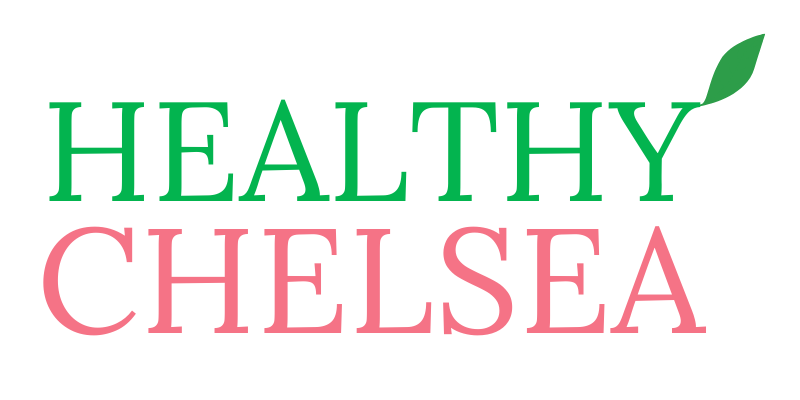Chances are you’re either stressed out by work or by kids.
How’d I know that?
Well, those are the two most common stressors in America, where striving for work-life balance seems to always be the goal (and always a struggle)…
And maybe you feel anxious, irritable, or especially tired from all the responsibilities you carry.
The chronic inflammation caused by daily, excessive stress can definitely take its toll:
· Suppressed immune system
· Colds
· Illness
· Increased risk of cancer
· Increased risk of food allergies
· GI issues
· Increased risk of autoimmune disease
· Depression, sadness, anxiety, fatigue, irritability
Ok, so what can you do about it?
It might seem obvious at first glance, but the Anti-inflammatory Diet is a surefire way to reduce inflammation in the body.
The Anti-Inflammatory Diet is based on the Mediterranean Diet, rated the Best Overall Diet of 2019 by US News and World Report.
But when you research the Med Diet, the amount of information out there is seriously overwhelming!
Information overload!
And when there’s too much information and overwhelm, we simply won’t take action.
How do you sort through all the research, tips, strategies, shopping lists, food lists, and recipes?
Well, that’s why I’m here 😉
Let’s first break this diet down into its simplest lessons!
Then I’ll give you an actionable step-by-step plan for you to do this week.
From information to action plan, let’s dive in!
The core tenets of the Med Diet:
· Frequently eat a variety of plant-based foods (fruits, vegetables, whole grains like farro, barley, and bulgar, lentils, beans, peas, nuts, and seeds)
· Focus on fiber (fruits and veggies galore)
· Switch to healthful fats (avocado, nuts, seeds, olive)
· Get omega-3’s from fish, walnuts, and flax
· Season your food with an abundance of herbs and spices
· Frequently consume tea
· Enjoy two servings of fish per week
· Moderately eat dairy and eggs
· Have the occasional poultry (if you choose)
· Get your sweet craving itch scratched by antioxidant-rich dark chocolate
· Infrequently eat red meat
· Infrequently indulge in sweets
· Limit processed, refined food
· Exercise daily
Ok, easier said then done.
I mean, that’s a lot of “core tenets” to focus on if you think about it!
To avoid information overload and inaction, follow this actionable step-by-step plan to successfully reduce inflammation:
Step 1: Choose one of the two goals listed below:
1. Eat one entirely plant-based meal this week at home
2. Eat plant-based for an entire day
Which did you choose?
Step 2: Look at your calendar for this week and choose either the meal or the day that you commit to eating plant based.
Which day did you choose?
Step 3: Schedule your plant-based meal or day in your calendar.
Did you schedule it?
Step 4: Choose the recipe(s) that you will make for that meal or day.
Need a few anti-inflammatory, plant-based ideas?
Try one (or all!) of these:
Green smoothie for breakfast
Anti-inflammatory pasta salad for lunch
Red lentil stew for dinner
Energy balls for snack
What recipe(s) did you choose?
Step 5: Complete your goal!
Did you eat plant-based for your planned meal or planned day?
Woohoo! Celebrate! You took intentional action to lower inflammation in your body.
Which is what you wanted to do in the first place, right?
Yep, I’m right there with you 😊
Want even more meal and snack ideas that are quick, easy, and anti-inflammatory?
Meals that you know can help you on your journey of eating healthier and living your best life?
I’ve got a FREE gift for you!
Download your FREE PDF of 21 Simple, Quick, & Easy Meals now! www.victae.com/cheatsheet
I’ll show you 21 meals (and snacks) that you can make in 15 minutes or less!
Oh, and you’ll only need 10 ingredients TOTAL to make ALL 21 meals and snacks 😊
Cheers to anti-inflammatory eating that doesn’t take time and energy!




